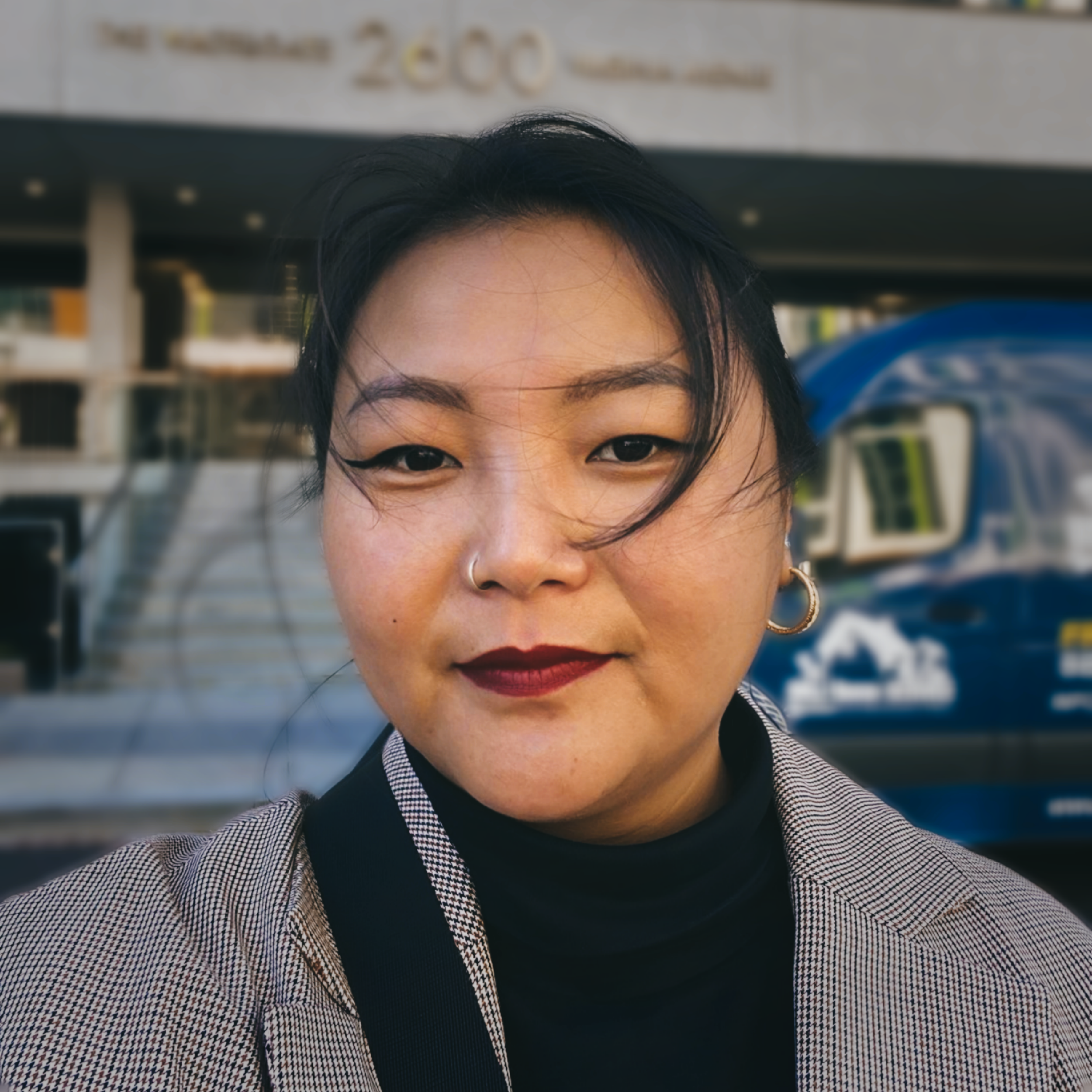India: Legal Victory for Makepeace Sitlhou as Indian Supreme Court Halts Criminal Proceedings
Journalist was booked for raising critical concerns on Twitter about the Manipur government's failure to control deadly violence in May last year
Location: New Delhi, India
Date: December 5, 2023The Coalition For Women In Journalism and Women Press Freedom welcomes the Indian Supreme Court’s decision to hold criminal proceedings against journalist Makepeace Sitlhou. This decision marks a significant stride in safeguarding press freedom and ensuring the safety of journalists in India. The charges leveled against Sitlhou, accusing her of using social media platforms to propagate misleading statements and destabilize a democratically elected government, raise concerns about the use of legal mechanisms to intimidate journalists. Such actions not only threaten individual journalists but also undermine the broader principles of press freedom and democracy. The Supreme Court's intervention, therefore, is not just a relief for Sitlhou but a reaffirmation of the fundamental rights of free speech and expression enshrined in the Indian Constitution. However, the online harassment and trolling directed towards Sitlhou, particularly targeting her ethnicity, is deeply concerning. It reflects a broader trend where journalists, especially women and those from minority communities, face disproportionate abuse and threats. We stand in solidarity with Sitlhou and denounce such harassment. We also call on authorities to take action against those perpetrating these attacks and urge social media platforms to implement stronger measures to protect users, particularly journalists and activists, from online abuse.
In a landmark decision, the Indian Supreme Court has halted criminal proceedings against journalist Makepeace Sitlhou, hailing from the minority Kuki-Zo community in Manipur. Sitlhou was embroiled in controversy for her critical stance on Twitter against the Manipur government's failure to control the deadly violence that rocked the state in May last year — as one of the prominent Indian politicians Rahul Gandhi said “There is a civil war-like situation in Manipur.” The clashes between the predominantly Hindu Meite and the primarily Christian Kuki-Zo tribes displaced more than 65,000 people and claimed over 150 lives in 2023.
Sitlhou’s tweets, which highlighted the government's inefficacy, led to charges alleging that she used social media to spread misleading statements, destabilize the government, and disturb communal harmony.
Sitlhou's journalism has been characterized by her fearless reporting on incidents of targeted violence and human rights violations against communities and ethnicities. In her plea to the Indian Supreme Court, she argued that her tweets were critical of the government's lack of action and highlighted the impact of violence on ethnic groups in the Northeast. Her petition emphasized the importance of journalistic freedom and argued against the allegations, stating they did not warrant any investigation.
“In the tweets referred to in the complaint, the petitioner, who is a journalist, has tweeted against rumours, against violence, against the lack of action and ‘political will’ on behalf of politicians and has highlighted the impact of the violence on ethnic groups in the Northeast,” the plea reads.
Sitlhou was not the first journalist to be targeted by Manipur police, which filed indiscriminate FIRs against journalists and academics who expressed opinions contrary to the state’s government. In September 2023, too, two women members of the Editors Guild of India — Seema Guha and Seema Mustafa — were also booked after the Guild released a statement warning about bias in Manipur media. They were charged with “promoting enmity between different groups, defamation, and criminal conspiracy. Manipur has been plagued by ethnic violence since May”.
Sitlhou has been targeted with incessant online harassment and abuse in October 2023, so much so that she posted about the harrowing ordeal of “facing an avalanche of online trolling since May” on Twitter. She wrote about being profiled and singled out for her ethnicity with memes of her photos and doxing by open handles posted and circulated across different platforms including messaging service WhatsApp.
“As someone also reporting on the disinformation (among many other angles) war ongoing in Manipur, and having witnessed it over the years with other women journalists and minorities, it’s not surprising. But that doesn’t make it any less worrying,” she posted on Twiitter.
“I will do my work even if my ethnic identity precedes my work as a journalist”
She further wrote: “I can’t stop the trolling or doxxing nor will I allow nameless faceless trolls or even those willing to put their hard earned reputation on the line for some cheap kicks to silence me. I will do my work even if my ethnic identity precedes my work as a journalist.”
CFWIJ strongly condemns the online harassment and trolling directed towards Sitlhou and stands in solidarity with her. We denounce the unacceptable abuse to silence her journalistic efforts. We urge authorities in India to take action against these harassers and trollers hiding behind their screens and also call on online social media platforms to strengthen measures to protect users, especially journalists, and activists, from such malicious activities so that they can operate in a safe online space without any fear of retribution.
The Coalition For Women In Journalism is a global organization of support for women journalists. The CFWIJ pioneered mentorship for mid-career women journalists across several countries around the world and is the first organization to focus on the status of free press for women journalists. We thoroughly document cases of any form of abuse against women in any part of the globe. Our system of individuals and organizations brings together the experience and mentorship necessary to help women career journalists navigate the industry. Our goal is to help develop a strong mechanism where women journalists can work safely and thrive.
If you have been harassed or abused in any way, and please report the incident by using the following form.


